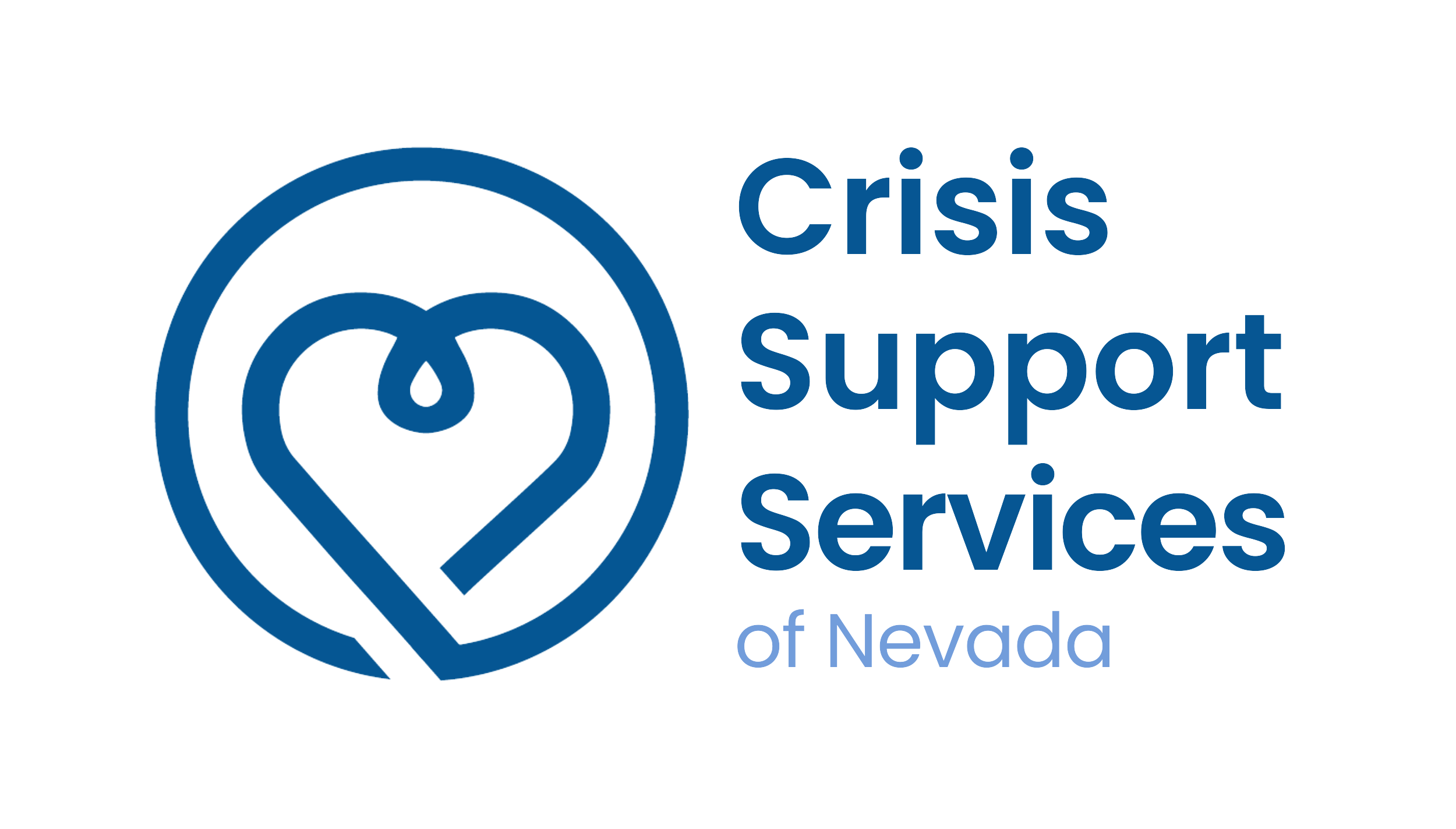You can make a difference in the lives of your loved ones. If you know someone who is dealing with a crisis or struggling emotionally, we are here to help you find the resources you need to help. Anyone can call or text us 24 hours a day, seven days a week, 365 days a year.
Crisis Support Services of Nevada is not just for suicide prevention. Crisis can come in many forms, and people call us for many reasons including:
- Experiencing suicidal thoughts
- Information on suicide
- Report child abuse
- Report elder abuse
- Substance abuse/addiction
- Domestic violence
- Economic problems
- Sexual orientation issues
- Homelessness issues
- Physical illness
- To help a friend or loved one
- Relationship problems
- Loneliness
- Family problems
Signs Someone is Depressed or Considering Suicide
Every person is different and may exhibit different signs of depression or suicidal thoughts. These warning signs are meant as a guide to help you support the people you love in their darkest moments.
Verbal
Someone who is depressed or considering suicide may say things like:
- “I want to die.”
- “I want to sleep and never wake up.”
- “They’ll be sorry when I’m gone.”
- “I wish I was never born.”
- “Nothing matters.”
Behavioral
Someone who is depressed or considering suicide may:
- Withdraw from friends, family and society
- Lose interest in hobbies, work and school
- Are preoccupied with death and dying
- Are engaging in risky activities and acting recklessly
- Increased use of drugs and/or alcohol
Environmental
Someone may be depressed or considering suicide due to:
- Family violence
- Sexual abuse
- Surviving the loss of a loved one to suicide
- Experiencing problems at school or work
If you or someone you know exhibits any of these signs, seek help as soon as possible by contacting a mental health professional or by contacting Crisis Support Services of Nevada at 988.
More Warning SignsSuicide Lethality Scale
How To Help Someone Who is Suicidal
Suicide is preventable if you are educated and know the warning signs. If you are concerned about a family member or friend, show you care and ask the question: Do you feel suicidal? Trust your gut instincts, and if you’re concerned, help connect the person to support services that can help.
You can help your friends and family by getting involved, showing interest and providing support. Practice empathy and active listening skills to help those in crisis understand that they have people in their corner. When you’re talking to a loved one in crisis, offer hope that there can be a better tomorrow. Encourage them to reach out to Crisis Support Services of Nevada for free, confidential support 24/7.
When talking with someone who is depressed or considering suicide:
Do
- Be direct. Talk openly and freely about suicide.
- Be willing to listen.
- Allow for the expression of feelings. Accept the feelings.
- Be non-judgmental.
- Take action and remove means of suicide.
- Get help from individuals or agencies specializing in crisis intervention and suicide prevention.
Don't
- Don’t ask “why?” This encourages defensiveness.
- Don’t act shocked. This creates distance.
- Don’t be sworn to secrecy. Seek support.
- Don’t offer glib reassurance; it only proves you don’t understand.
- Don’t debate whether suicide is right or wrong, or if their feelings are good or bad.
- Don’t lecture on the value of life.
- Don’t dare him/her to do it.
- Don’t give advice by making decisions for someone else, or by telling them to behave differently.
They show those that are first calling up, or maybe they’ve called multiple times before, that they’re not alone and there is hope.Misty Vaughan Allen, Former Executive Director

